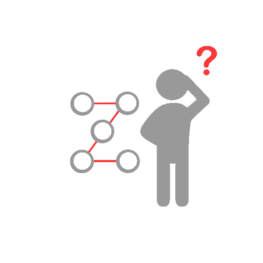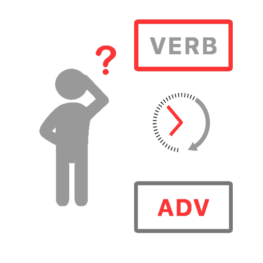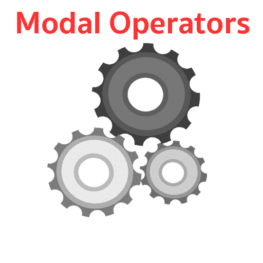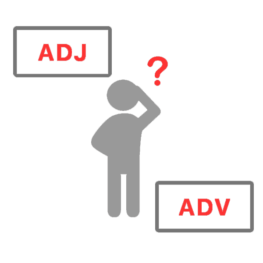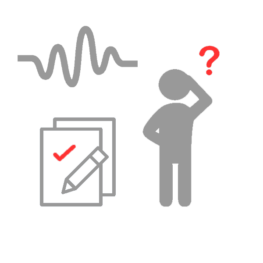
NLP Analogue Marking
In NLP Analogue Marking doesn’t have to do much with language patterns, but the more how you use your voice. In our experience it doesn’t hurt to become fully in control of your voice as it makes you bring our message to your client more easy and more smooth. A lot of the techniques we explained in previous blogposts are even more powerful when you apply Analogue Marking. Analogue Marking means that you set the directive apart from the rest or the sentence with some non-verbal analogue behavior.
